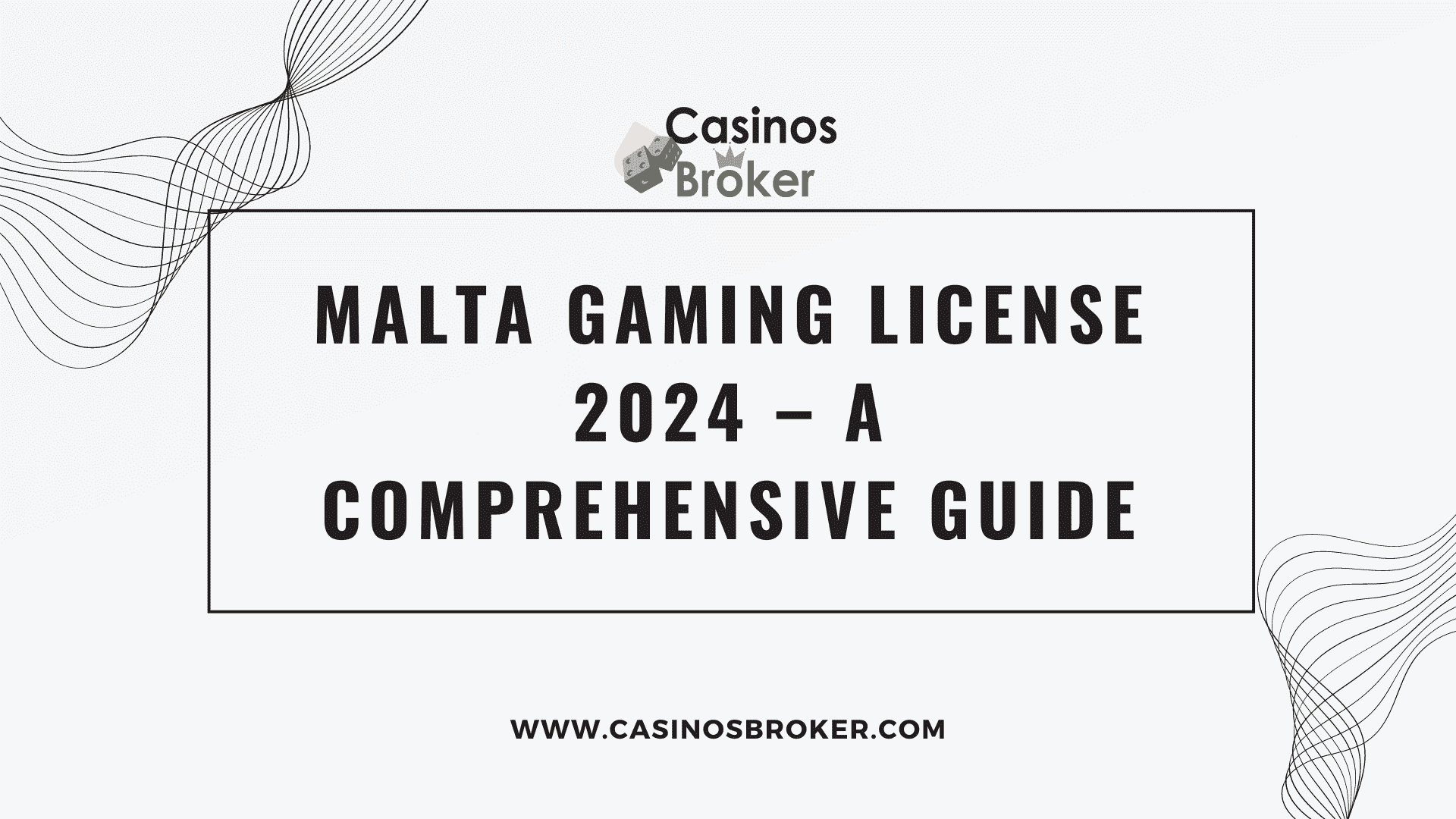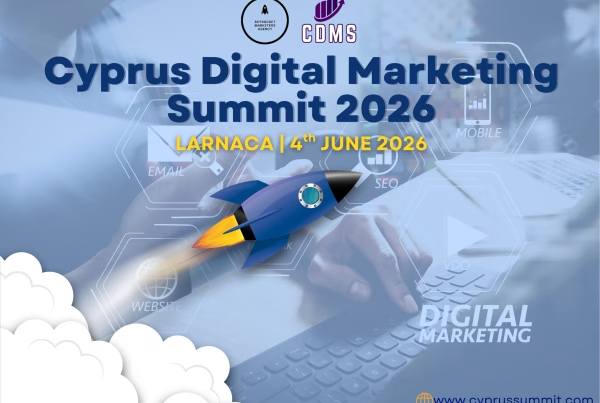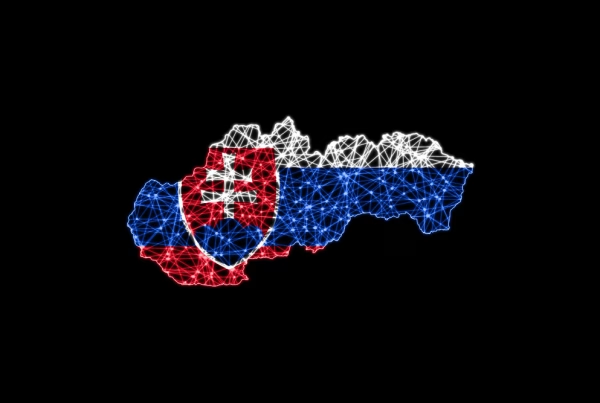In the ever-evolving realm of iGaming, securing a Malta Gaming Authority (MGA) license stands as a pivotal achievement for operators. This comprehensive guide dives deep into the intricacies of acquiring an MGA license, explores its benefits, elucidates the application process.
Charting a Successful Course with the Malta Gaming License
In the dynamic landscape of iGaming, operators face a critical decision: pursue a direct gaming license application or opt for the streamlined efficiency of a White Label solution. Acquiring a Malta gaming license from the Malta Gaming Authority (MGA) signifies a significant milestone in any iGaming venture. However, this journey is fraught with complexities, even for seasoned operators.
TL;DR: MGA Essentials
Navigating the intricacies of obtaining a Malta Gaming license may seem daunting at first. The MGA offers four main license types, covering both B2C and B2B sectors, each tailored to specific gaming scenarios. From the application process to compliance audits, the road to acquiring an MGA license is multifaceted.
Brief Overview and History
The Malta Gaming Authority (MGA) boasts a storied history as one of the pioneering regulatory bodies in the iGaming sphere. Since its establishment in 2001, the MGA has played a pivotal role in positioning Malta as a global hub for iGaming enterprises. Notable milestones include Malta’s accession to the EU in 2004 and the enactment of the Gaming Act in 2018, which consolidated and modernized gaming legislation.
In the wake of the 2018 regulatory overhaul, the MGA extended license validity periods and streamlined license categories to foster a more conducive regulatory environment. Today, Malta’s licensing framework encompasses B2B and B2C licenses, accommodating a diverse range of gaming activities under two main license categories.
State of Malta Gaming Licensing in 2024
As of 2024, Malta continues to reign supreme as a premier destination for iGaming operators. The MGA’s robust regulatory framework, coupled with its proactive international strategy, has solidified Malta’s position as a magnet for online gambling companies. With over 300 operators calling Malta home, the island nation accounts for over 10% of the world’s virtual casinos, underscoring its prominence in the global iGaming landscape.
Why Consider Becoming MGA-Certified?
Securing an MGA license unlocks a plethora of benefits for aspiring online casino operators. The MGA’s sterling reputation, coupled with its stringent regulatory standards, instills trust and confidence among players and industry stakeholders alike. Key advantages include:
- Renowned Global Reputation: The MGA is synonymous with integrity and credibility in the iGaming realm.
- Access to Key Markets in Europe: A Malta gaming license grants operators access to lucrative European markets.
- Robust Regulatory Framework: MGA regulations provide a stable and transparent operating environment.
- Comprehensive Player Protection: The MGA prioritizes player welfare, fostering responsible gambling practices.
- Ability to Leverage White Label Solutions: Partnering with a company for White Label solutions offers operational efficiency and regulatory compliance.
Types of Gameplay Covered
MGA licenses encompass four game types, catering to various gaming preferences and scenarios:
- Type 1: Casino-style games and lotteries.
- Type 2: Fixed-odds betting.
- Type 3: Peer-to-peer games and betting exchanges.
- Type 4: Controlled skill games.
Each license type caters to distinct gaming experiences, ensuring comprehensive coverage of the iGaming spectrum.
Application Process
Obtaining an MGA license entails a rigorous multi-step process, encompassing:
- Fit and Proper Checks
- Business and Technical Ability Review
- System Review
- Compliance Audit
While navigating this process independently can be daunting, partnering with a software company offers operators invaluable expertise and support, facilitating a smoother licensing journey.
Fees and Taxes
Understanding the financial implications of MGA licensing is paramount for operators. Application and annual fees, along with gaming taxes, comprise the financial landscape of MGA licensing. A software company’s comprehensive solutions assist operators in navigating this intricate fee structure, optimizing financial efficiency and compliance.
Why Choose White Label Solution Over ‘Going Solo’?
Embarking on the iGaming journey with White Label solution confers several strategic advantages, including:
- Time and Cost Efficiency: Expedited market entry without the complexities of individual licensing.
- Regulatory Compliance: Ensured adherence to MGA standards and regulations.
- Operational Efficiency: Access to essential operational tools and comprehensive support.
- Support and Development: Tailored guidance and continuous technical assistance.
- Scalability for Future Growth: Flexible solutions for expanding operations and venturing into new markets.
Why You Should Choose the Malta Gaming License
Partnering with a software company for an MGA license unlocks unparalleled opportunities for growth and success in the iGaming industry. From expedited market entry to robust regulatory compliance, the Malta Gaming License serves as a gateway to prosperity in the dynamic world of online gambling.
Frequently Asked Questions: Diving Deeper Into MGA Licensing
Is a Malta-based server mandatory for MGA licensing?
Yes, MGA licensing necessitates a server situated in Malta.
What happens if a player self-excludes under one license? Can they access another casino brand under the same license?
If a player self-excludes due to potential gambling issues, they must be excluded from all brands operated by the licensee, regardless of whether separate registration is required. If self-exclusion is unrelated to gambling problems and brands permit single sign-ups across sublicensed brands, exclusion applies universally. Source: MGA’s Player Protection Directive.
What are the country restrictions for MGA-licensed operators?
Country restrictions for MGA-licensed operators hinge on their targeted jurisdictions. While the MGA doesn’t furnish a specific list of permitted jurisdictions, operators must adhere to the laws of the countries they operate in. For B2C operators, this entails ensuring game compliance and transparent terms and conditions regarding players’ responsibilities in verifying gaming legality. B2B operators, on the other hand, can only serve B2Cs licensed by EU, EEA, or other well-regulated authorities.
Is there a disparity if a company utilizes the Casino Platform and Game Aggregator under a White Label MGA solution versus purchasing just the Game Aggregator with its own MGA license?
Whether opting for the White Label MGA solution, encompassing both the Casino Platform and Game Aggregator, or solely acquiring the Game Aggregator with an individual MGA license, companies gain access to the same extensive array of game providers. This flexibility empowers operators to tailor their selections to meet their specific requirements, ensuring no compromise on gaming variety and selection.
Does operator due diligence differ between a White Label provider under MGA and other jurisdictions like Curaçao?
Yes. The MGA typically mandates a more rigorous due diligence process compared to certain other jurisdictions. Consequently, White Label partners collaborating with software companies can leverage the company’s expertise in navigating this process effectively.





